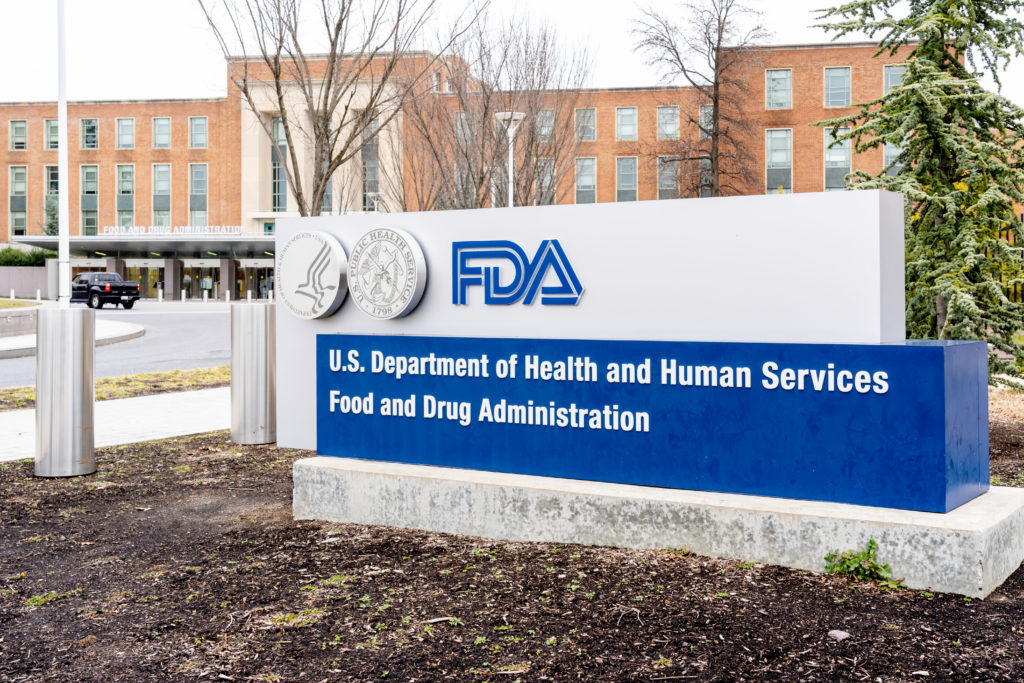On Friday afternoon, the US Food and Drug Administration (FDA) extended the authorization of Pfizer/BioNTech’s COVID-19 vaccine to kids between the ages of five and 11.
In a statement, the FDA said it reached the decision based on its “thorough and transparent evaluation of the data that included input from independent advisory committee experts who overwhelmingly voted in favor of making the vaccine available to children in this age group.”
The authorization comes days after the FDA’s Vaccines and Related Biological Products Advisory Committee (VRBPAC) voted in support of offering Pfizer/BioNTech’s COVID-19 vaccine to children in this age group. The advisory panel voted 17–0 in favor of extending the Pfizer shot to kids between the ages of five and 11, with one abstention. While the FDA is not obligated to follow VRBPAC’s advice, its decisions more often than not align with those of the advisory committee. The agency authorized emergency use of Pfizer/BioNTech’s vaccine for adolescents between 12 and 15 years of age in May.
With the amended EUA, Pfizer/BioNTech’s mRNA vaccine has become the first COVID-19 vaccine to be approved in the US, or anywhere else in the world, for young kids. In the US, there are 28 million kids in this age group, and the Biden administration said last week that it has enough vaccine to inoculate all of them. The White House said that pending authorization, it plans to distribute the shots in smaller doses per vial and with smaller needles to make it easier to administer to kids.
In the US, children between the ages of five and 11 make up 39 percent of COVID-19 cases in those below the age of 18. The FDA cited that according to the CDC, approximately 8,300 children five through 11 years of age were hospitalized due to COVID-19. Furthermore, as of October 17, 691 deaths from COVID-19 have been reported in the US in under the age of 18, with 146 deaths in the five to 11 years age group.
“To me the question is pretty clear,” VRBPAC committee member Dr. Amanda Cohn had said before the FDA advisory panel’s vote. “We don’t want children to be dying from COVID, even if it is far fewer children than adults, and we don’t want them in the ICU.”
The FDA’s authorization is based on the committee’s recommendation, evaluation of scientific data and risk-benefit assessment, among other things. The FDA concluded that, “based on the totality of scientific evidence available, the known and potential benefits of the Pfizer-BioNTech COVID-19 vaccine in individuals down to five years of age outweigh the known and potential risks.”
Trial data submitted by Pfizer to the FDA ahead of the VRBPAC and FDA meetings showed that the vaccine was 90.7 percent effective in preventing COVID-19 in children five to 11 years of age. The safety data included more than 4,600 participants ages five through 11 years, 3,100 of whom were given the vaccine and 1,538 the placebo. In this trial, a total of 1,444 vaccine recipients were followed for safety for at least two months after the second dose.
Immune responses were comparable to individuals in the 16 to 25 age group, despite the vaccine dose for the younger children being one-third (10 µg versus 30 µg) of that recommended for older kids/adolescents and adults. The lower dose is not based on body weight, but rather because kids generally elicit stronger immune responses as their immune systems are still developing. Side effects after both the first and second doses were mild to moderate and included pain, swelling and redness and injection site, fatigue, chills, headache and muscle pain.
Myocarditis Risk versus Vaccine Benefit
Risks of myocarditis (inflammation of the heart muscle) and pericarditis (inflammation around heart tissue) following vaccination with mRNA vaccines, namely after second doses — like those from Pfizer and Moderna — have appeared in safety surveillance data, leading to concerns among many parents. The risk has been ballparked to be about 1 in every 10,000 children, and has been observed to be highest in males between the ages of 12 and 17. There is also data showing that the risk appears to decrease with age, leading some experts to believe that the risk would be lower in younger kids.
To address the risk, the FDA outlined in its statement that it performed its own benefit-risk analysis to predict the performance of the vaccine in preventing symptomatic cases, hospitalizations, intensive care unit (ICU) admissions and deaths from COVID-19 in children five to 11, versus the number of potential myocarditis cases, hospitalizations, ICU admissions and deaths that the vaccine might cause. The FDA’s model predicted that overall, the benefits of the vaccine would outweigh its risks in children in this age group. Moreover, the risk of myocarditis due to COVID-19 infection has been reported to be 37 times higher in children under the age of 16 compared with those that are not infected.
With the much-anticipated authorization of COVID-19 vaccines for younger children, there remains hesitation among parents over vaccinating their kids. According to recent survey data from the Kaiser Family Foundation (KFF), only 34 percent of parents in the US said they would vaccinate their children between five and 11 years old “right away.” Thirty-two percent said they would “wait and see” and 24 percent they definitely would not vaccinate their kids.
Meanwhile, Moderna is awaiting the results of its application for authorization of its COVID-19 vaccine for children between 12 and 17. The company also reported positive trial data this week showing that its vaccine induced a robust neutralizing antibody response and had a favorable safety profile in children five to 11 years of age. Moderna plans to submit the data to the FDA in seeking authorization for its mRNA vaccine for this age group.












Join or login to leave a comment
JOIN LOGIN